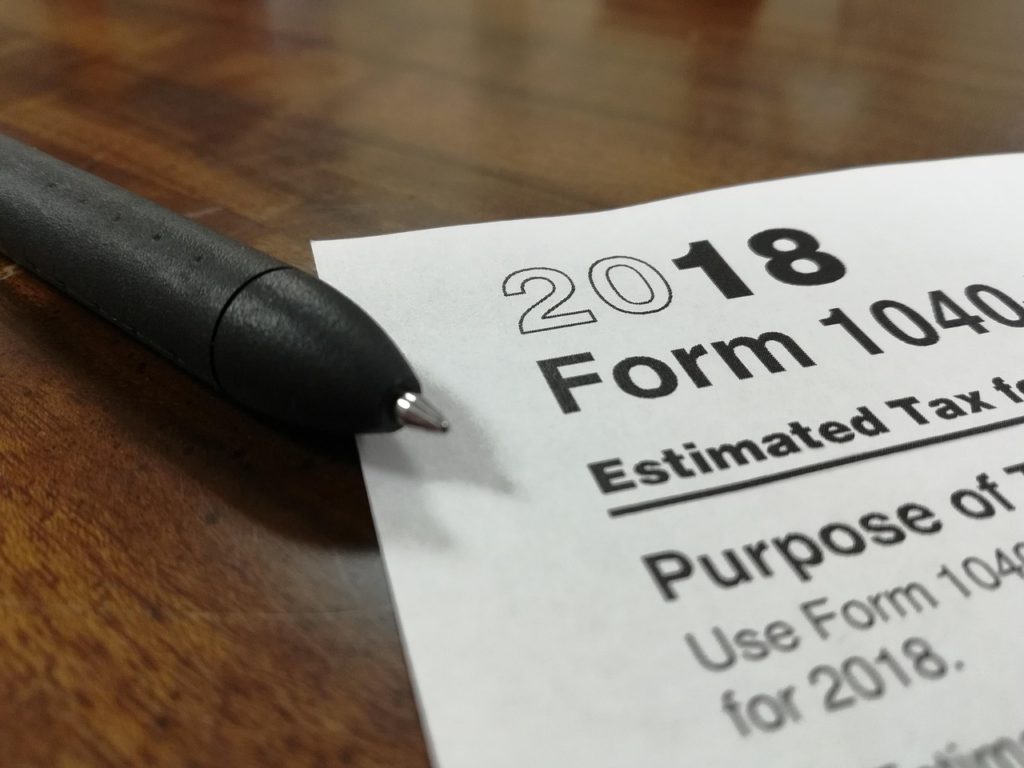Remote work, since the pandemic, has transformed the traditional office landscape. Thanks to technology, employees can now work from anywhere, blurring the lines between home and office. This new flexibility offers many benefits, but it also raises important questions about the tax implications of remote work.
As remote work becomes more commonplace, both employees and employers need to understand the tax rules that apply to this evolving work arrangement. Here are some tax implications for you and your tax advisor to keep in mind:
- State Income Tax Considerations. If you live and work in D.C., Northern Virginia, or Maryland, you may be subject to taxes in both locations. *** Here’s how it works:
- Tax Home vs. Work Location: Your “tax home” is typically where you live, while your “work location” is where your employer’s office is located. If they are in the same state, there’s usually no issue. However, if you’re working remotely from a different state, you may need to file income tax returns in both states.
- Reciprocity Agreements: Some neighboring states have reciprocity agreements that allow residents of one state to work in another without paying income tax to the work state. These agreements can simplify the tax situation for remote workers.
- Tracking remote work days. For tax purposes, it’s essential to keep accurate records of where you work. The number of days you work in different states can impact your tax liability. Some states have a “day counting” rule that triggers tax obligations if you work there for a certain number of days within a tax year.
- Deductions for home office expenses. The tax implications of remote work also extend to home office deductions. For tax year 2013, the IRS introduced a simplified home office deduction method, allowing eligible taxpayers to deduct $5 per square foot of their home office space, up to a maximum of 300 square feet. For those who qualify, this deduction can help offset some of the costs associated with remote work, such as internet, utilities, and office supplies. However, to be eligible, your home office must be used exclusively for work purposes, and you must meet specific criteria outlined by the IRS.
- State sales tax obligations. If you’re running a remote business from your home, you may also have to consider state sales tax obligations. Many states require businesses to collect and remit sales tax on sales made to customers within the state. If you’re conducting sales remotely, you’ll need to navigate the rules and regulations regarding sales tax in both your home state and any other state where you have customers.
- Employer considerations. Employers also face tax-related challenges with remote work arrangements. They must determine their tax obligations in the states where remote employees reside and work. Additionally, they may need to address payroll tax issues, unemployment insurance, and compliance with various state labor laws.
- Impact on tax credits and deductions. Remote work can affect eligibility for certain tax credits and deductions. For example, the Earned Income Tax Credit (EITC) and Child and Dependent Care Credit (CDCC) depend on factors like income and work-related expenses, which may change when working remotely. Similarly, retirement account contributions and deductions may be impacted by changes in income and work arrangements.
- Seek professional guidance from a tax advisor. Navigating the tax implications of remote work can be complex, especially if you work in multiple states or have specific deductions and credits in mind. To ensure compliance and optimize your tax situation, seek the assistance of a qualified tax advisor.
Remote work offers flexibility and convenience, but it also brings tax considerations. Understanding the tax implications of remote work is essential for employees and employers to avoid surprises come tax season.
A.K. Burton, PC, has experienced accountants who can help you do your tax preparation and remote work. Call us at (301) 365-1974 for a consultation.
We serve the Bethesda, Rockville, and Montgomery County, MD area.
*** For more information on marriage and taxes, visit the Tax News website.








